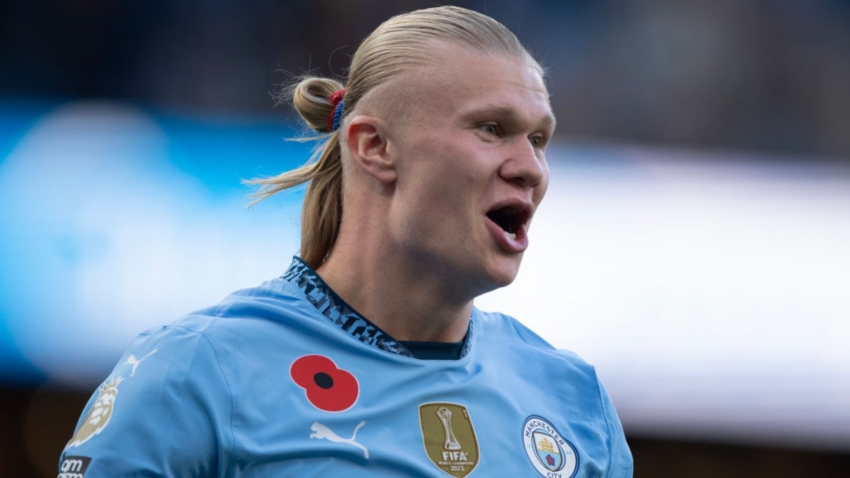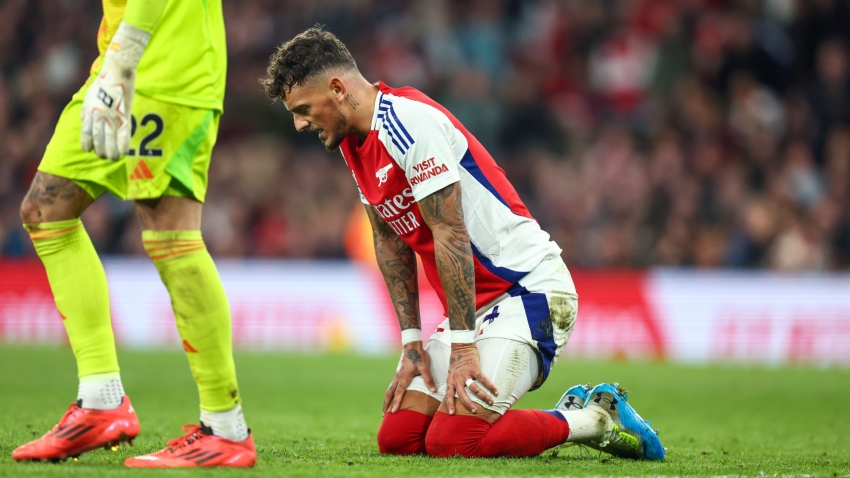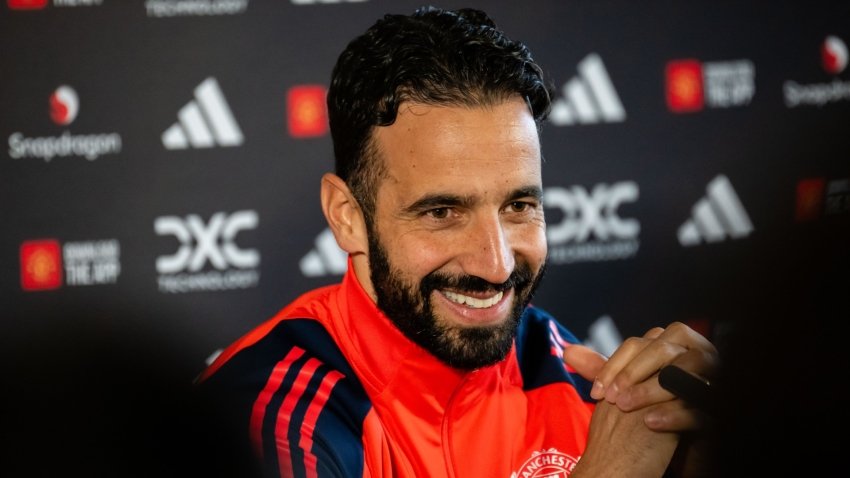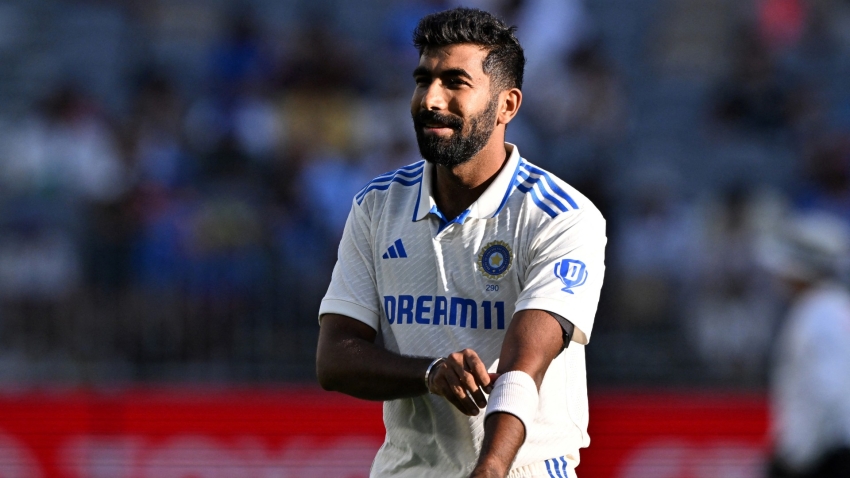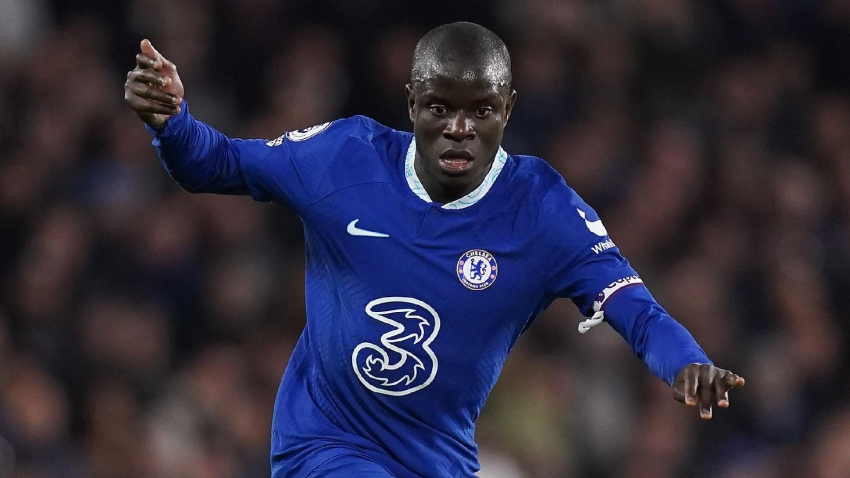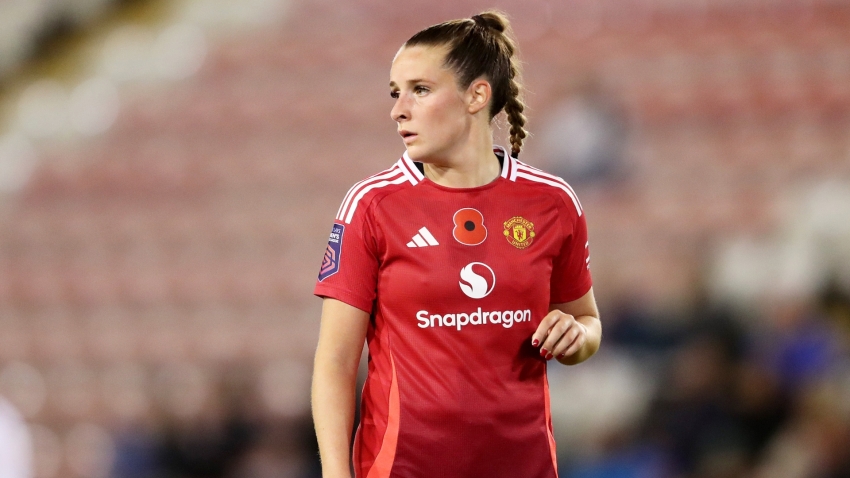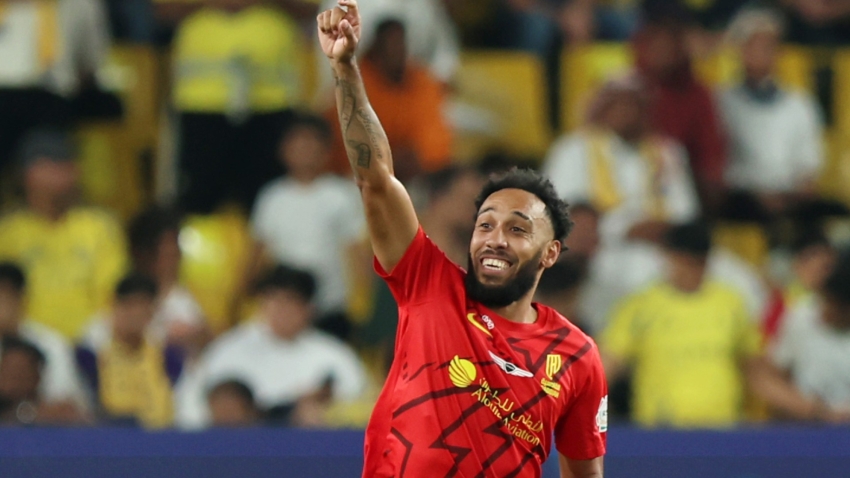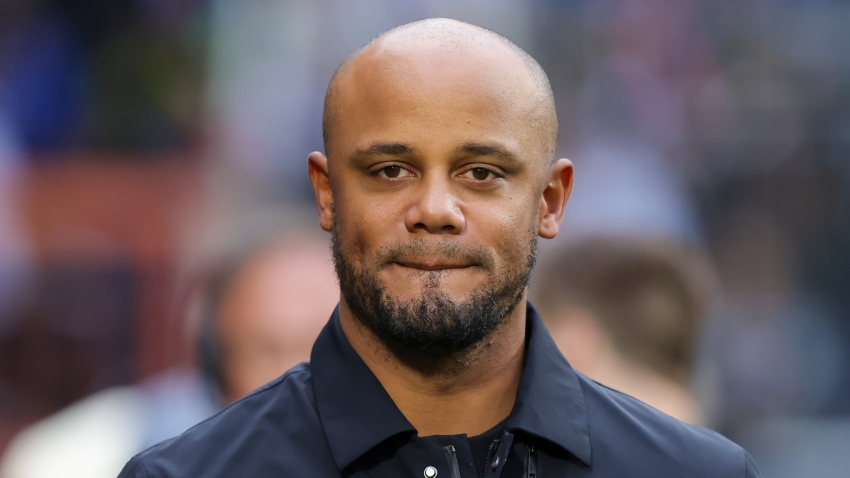N’Golo Kante’s impending departure from Chelsea for Al-Ittihad and the prospect of several colleagues following him to the Middle East has thrust Saudi Arabia’s growing influence in football under the spotlight.
The potential flow of players from the big-spending Stamford Bridge club to the Gulf state has raised eyebrows in recent days amid allegations that the move could be a ploy to help it meet Financial Fair Play requirements.
Here, the PA news agency takes a look recent developments and how the Premier League could be affected.
Why are Chelsea offloading players?
The Blues have spent over £600million on players since American businessman Todd Boehly completed his takeover in May last year, including a £106.8million January swoop for World Cup winner Enzo Fernandez. They also splashed out £52million for RB Leipzig striker Christopher Nkunku earlier this week.
Sales of the likes of Timo Werner and Jorginho have offset that expenditure only minimally and with the club having reported a loss of £121million for the 2021-22 season, Financial Fair Play rules which dictate that clubs can only make losses of £105million over three seasons are an issue.
Which players are reportedly involved?
Kante’s departure to the Gulf state may not be the last from Chelsea. Kalidou Koulibaly, Edouard Mendy, Romelu Lukaku, Hakim Ziyech and Pierre-Emerick Aubameyang have also been linked with switches to Saudi clubs.
They are not alone either – Wolves midfielder Ruben Neves is expected to complete a move to Al-Hilal with former Manchester United star Cristiano Ronaldo’s switch to Al-Nassr in January having established a clear pathway.
Why are so many players heading for Saudi Arabia?
The money on offer may have something to do with it. The Middle East state’s sovereign wealth fund, the Public Investment Fund, took controlling stakes in four Saudi Pro League clubs – Al-Ahli, Al-Ittihad, Al-Hilal and Al-Nassr – earlier this month as part of the wider ‘Vision 2030’ plan to diversify the Saudi economy. The country’s rulers also believe a thriving professional sports scene will help drive up grassroots activity levels in the kingdom.
The Saudis have signalled their intention to mount a bid to host the 2030 World Cup, and raising the standard and profile of the domestic league could prove crucial to that mission. PIF has the financial clout to recruit big names to the cause with Karim Benzema having already agreed to join Al-Ittihad.
It is not the first time an emerging league has adopted similar tactics. Pele, Franz Beckenbauer and Bobby Moore all played in the North American Soccer League at the end of their respective careers, while China has lured a host of top-flight stars to its Super League in recent years.
Public Investment Fund – that name sounds familiar?
It should. PIF holds an 80 per cent stake in Newcastle United, who have invested in excess of £250million in new signings since the Amanda Staveley-led consortium in which it is the major partner completed its buy-out at St James’ Park in October 2021.
The Magpies surged to a fourth-place finish in last season’s Premier League and secured Champions League football for the first time in 20 years to the delight of a fanbase which has been reinvigorated despite concerted criticism over the source of the club’s new-found wealth.
PIF, whose governor Yasir Al-Rumayyan is Newcastle’s chairman, is also a key player in the controversial merger between the LIV Golf series and the PGA and DP World Tours which has prompted fresh accusations of sportswashing.
Why all the fuss about Chelsea?
This is where it gets interesting. Private equity firm Clearlake Capital Group provided around 60 per cent of the funding for Boehly’s £2.5billion takeover and has underwritten much of the investment since; PIF is an investor with Clearlake. Financial experts have suggested such is the size of Clearlake’s portfolio that while some PIF money may form part of its holding in Chelsea, there is no direct link and therefore no risk of breaching Premier League rules which prohibit ownership of two clubs. However, the perception in some quarters is that any existing relationship between the Blues, the sovereign wealth fund and the four domestic clubs it now controls could allow them to sell on players for inflated fees and thereby reduce their FFP burden.
What has been said about the situation?
Former Manchester United and England defender Gary Neville, co-owner of League Two Salford, is unimpressed. Speaking to BBC Sport, Neville said: “The Premier League should put an instant embargo on transfers to Saudi Arabia to ensure the integrity of the game isn’t being damaged. Checks should be made on the appropriateness of the transactions.”









